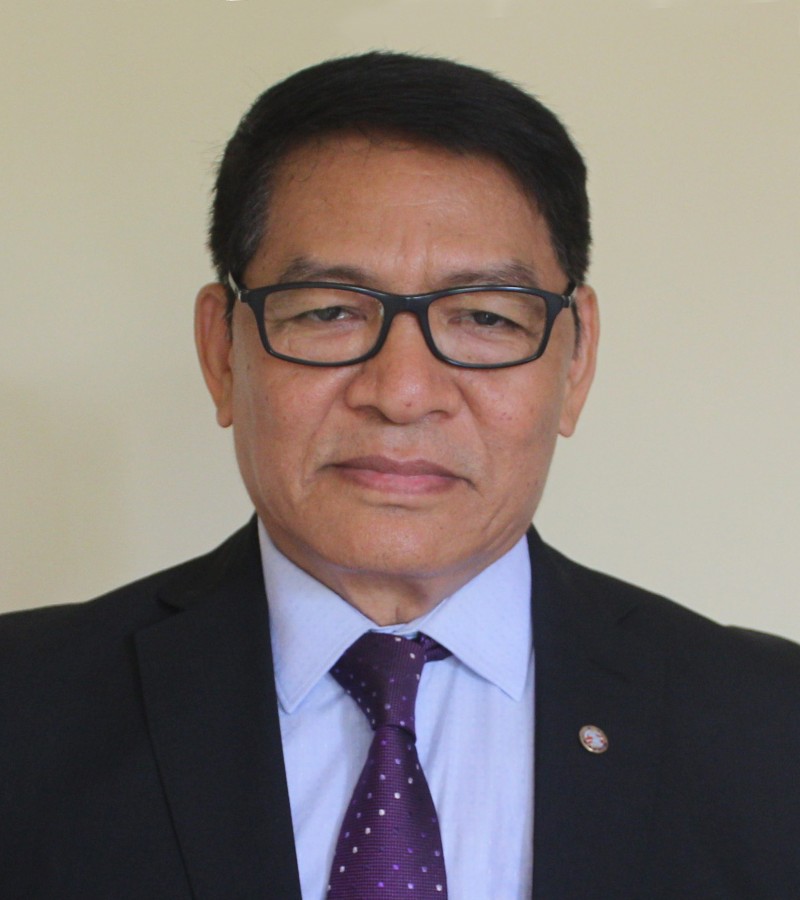Editorial
Is the CBCI admitting that Catholic Schools are indeed converting people?
Opinion | Editorial | John S. Shilshi | 13-Apr-2024

Provoked by series of wild allegations on Christian institutes converting students from other religions, the NECARF Review ran an editorial as early as October 2022 under the caption “Forced Conversions: Christian Response to the Allegations." The editorial ends with these remarks: “Baseless though it might be, on the allegation of institutes converting students, the best way to counter would be for institutes to profile their alumni and list out men and women who excel and have brought laurels to the country. This would prove that despite having spent years in Christian schools and colleges, these men and women are still Hindus, Muslims, Sikhs, etc…. In other words, the only way to beat salacious gossip and fake news is to counter them with hard facts. The truth must be spoken—and in today’s India, spoken out loud."
We have no reason to move away from this considered stand because we know for sure that Christian institutes do not use their temples of learning to convert people, as alleged by some who do not believe in the colourful mix of India. Therefore, we always feel that the Catholic Church must have no shame in defending this hard fact, come what may, and if need be, as many as possible, because ten lies told repeatedly by vested interest elements at times turn into a truth, at least in building perception. The Catholic Bishops Conference of India (CBCI) blinking and issuing a series of guidelines to Catholic institutes is therefore not only ill-conceived but ill-timed. It is a clear example of a myopic appreciation of developing trends in the country. Above all, it lacks maturity in understanding regional compulsions and the need to recognize that in a huge country like India, there is no one-size-fits-all solution to any problem, even for the Catholic Church. The need to recognize problems based on niche requirements cannot be overemphasized.
Coming back to the so-called comprehensive guidelines of CBCI, which run to 13 pages, the most objectionable ones are “need to respect all faith traditions without any discrimination”.... “we should not force our religious traditions on students of other faiths”..... “have a separate ‘inter-religious prayer room’ (Sarvadharma Prarthanalay) on the school premises” and “celebrate all the important religious festivals”. Do the bishops apex body really think that all of these, except for having inter-religious prayer rooms in some cases, are not being followed by the Catholic institutes? Does the CBCI, by way of these guidelines, admit that Catholic schools and colleges were indeed tempting people to switch their religion? Or do they really think being politically correct is the way forward to escape what they called “emerging challenges due to the current socio-cultural, religious, and political situation” in the country?
The hierarchy needs reminding that even in the dark days of the infamous emergency by Indira Gandhi, the Christian community did not compromise one bit on its principles but stood by the truth, which is the cornerstone of every Catholic institute. Today, democracy is visibly under threat but still alive and functioning, and the fear of the Constitution being altered to do away with certain rights of some sections has not yet become a reality. How then is the bishop's apex body so rattled and insecure that they have to choose a path of tame submission rather than standing up to the challenges? Has the material needs of Catholic institutes become so acute that there is a need to compromise on principles and continue running them to earn some revenue?
The hierarchy must note with some seriousness that the lay people, who constitute 90% of the faithful, are unhappy with these guidelines. They must also note that the majority of the consecrated men and women who are actually running the institutes have not taken the guidelines kindly either, though their vows of obedience perhaps prevent them from questioning. The indisputable fact is that there is a collective feeling of being let down by the very people who are supposed to handhold the community and lead in troubled times like this.
The Assam-based fundamentalist organization Kutumba Surakshya Parishad (KSP), which in recent times threatened to attack institutes should they continue to display pictures of Christ and saints to lure non-Christian students, and also demanded that priests and nuns stop wearing cassocks and habits on school campuses, has gleefully welcomed the CBCI directive. They now expressed the desire to dialogue with the CBCI. Is this not a case of legitimizing the activities of divisive forces with sinister intent by non-other than the Catholic Bishops Conference of India?
We may recall that in the immediate aftermath of the Manipur mayhem in May 2023, Cardinal Gracias described the unfortunate incident as a tribal conflict and not to be seen as a fight between two religious groups. After the remark invited several criticisms from different quarters, it needed Archbishop Dominic Lumon of Imphal Diocese to mildly set things right, saying the Cardinal was “not well aware of the ground reality." Despite this, the Cardinal was widely quoted by the BJP and other Sangh Parivar spokespersons to defend systematic attacks on churches, including those run by the Meitei Christians. This time, the CBCI, through its guidelines, lends yet another weapon to divisive forces, who will now further pressurize schools and colleges to show compliance. Will the CBCI then come out with another set of directives to schools and colleges in order to buy temporary peace? Only time will tell us.
Visitor comments
Leave a comment

AMALRAJ GNANAPRAGASAM
15-Apr-2024
Well articulated and the truth of the matter has been exposed. Thanks to the writer for calling a spade a spade to tell the truth.